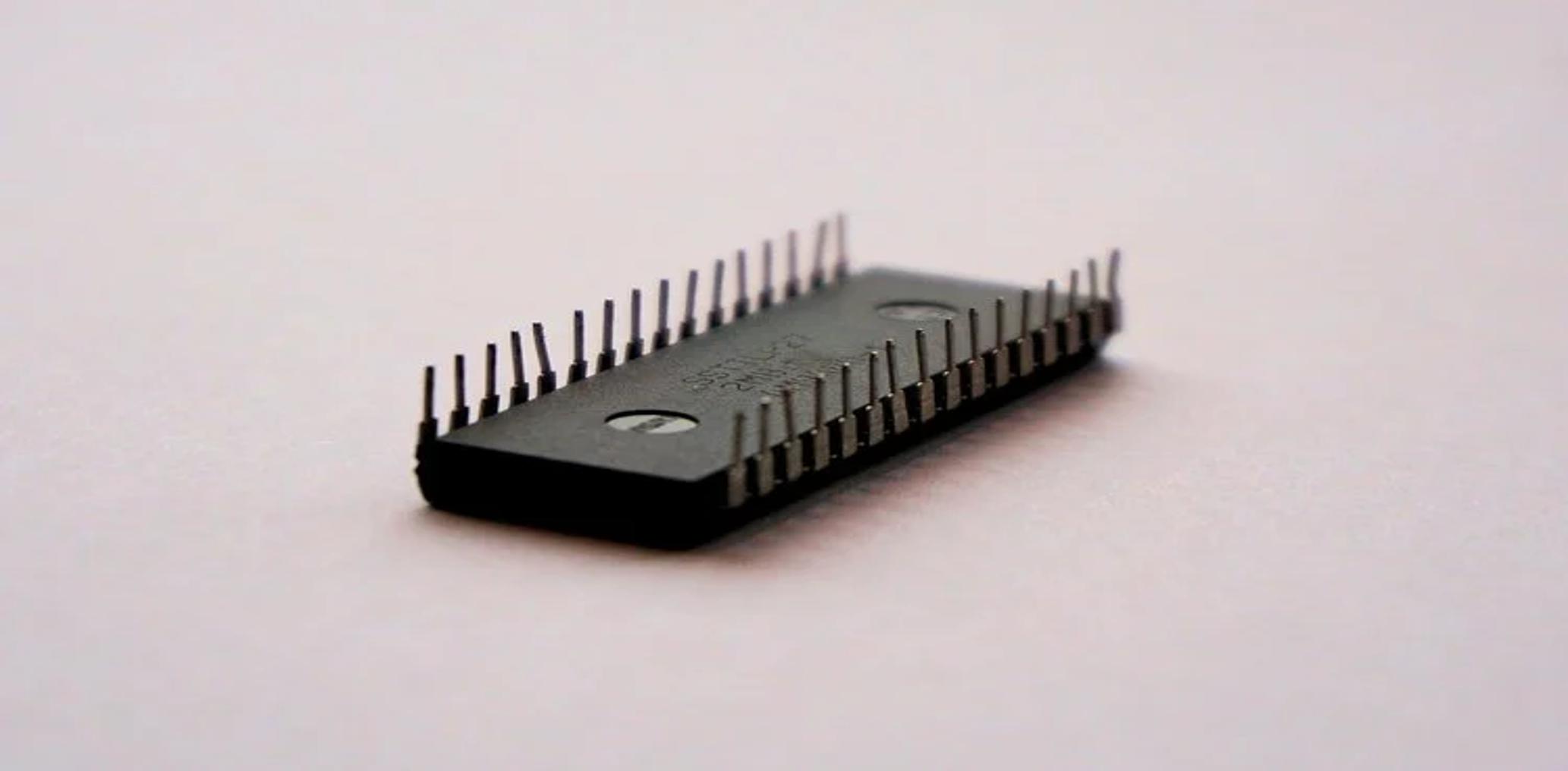News
5 minute read
Enquêterecht verdiept, edition 1: When are shareholders and depositary receipt holders authorised to conduct an inquiry at the private limited company and public limited company?
-
Marc van Rijswijk
- attorney-at-law | partner
-
Marcus Schreel
- advocaat

Introduction
The inquiry procedure at the Enterprise Chamber (OK) is a powerful means of forcing a legal entity to change course. Authorised persons can request the OK to order an investigation into the policy and state of affairs of the legal entity. Moreover, (far-reaching) measures can often be taken quickly. It is therefore not surprising that this procedure is widely known and frequently applied. Given the great interest in this legal remedy, it is important to know who is authorised to submit a request for an inquiry. In this edition, we explain the circumstances under which shareholders and depositary receipt holders have this authority in private and public limited companies (BV and NV).
1. Main ruleIt follows from the law that shareholders and depositary receipt holders are authorised to submit a request for an inquiry when they represent a certain percentage of the issued capital of the legal entity. The required percentage depends on the type of company:
a) for ‘small’ companies with an issued capital of up to 22.5 million euros:
‘one or more holders of shares or depositary receipts for shares who, alone or jointly, represent at least one-tenth of the issued capital or are entitled to a sum total of shares or depositary receipts for shares up to a nominal value of €225,000 or such lesser amount as may be stipulated in the articles of association'
b) for ‘large’ companies with issued capital of 22.5 million euros or more:
‘one or more holders of shares or depositary receipts for shares who, alone or jointly, represent at least one-hundredth of the issued capital or such lesser percentage as may be specified in the articles of association’
c) for ‘listed companies’:
‘one or more holders of shares or depositary receipts for shares who, alone or jointly, represent at least one hundredth of the issued capital or represent a value of at least €20 million according to the closing price on the last trading day before the request is submitted, or such lower amount as may be stipulated in the articles of association'
The idea behind this threshold is that shareholders and depositary receipt holders only have an interest in a survey procedure when they also have a sufficiently large financial interest in the legal entity. The inquiry procedure can have a negative (publicity) impact on the legal entity and should not be used lightly. Without this threshold, any activist shareholder with a single share could request an inquiry procedure.
2. Shareholders and depository receipt holders
Shareholders and depositary receipt holders are authorised to submit a request for an inquiry if they meet the capital threshold. This results in the main rule that indirect shareholders and depositary receipt holders are not in principle entitled to do so. However, there are situations in which indirect shareholders or depositary receipt holders can be equated with direct shareholders or depositary receipt holders. Examples from case law are:
- the beneficiary of a trust that holds depositary receipts;
- the heir who can obtain depositary receipts through an undivided estate;
- the shareholders of a (foreign) shareholder.
Whether equal treatment can take place has a long and turbulent history in case law. The main rule that emerges from this is that the decisive factor is whether the provider of risk-bearing capital has an economic interest that can be equated with that of a direct shareholder or depositary receipt holder. This rule means that the main relevant factor is whether the shares or depositary receipts are held at the applicant's risk and expense. In the case of a trust, this may be the case, for example, if it is stipulated that all monies received by the trust are paid directly to the beneficiary and that the trust exercises its voting rights in accordance with the wishes of the beneficiary. The beneficiary thus has (indirectly) the rights that normally accrue to a direct shareholder.
3. Threshold problems
Shareholders and/or depositary receipt holders can combine their interests to reach the threshold. If two shareholders each have a different 5% interest, together they reach the 10% threshold. However, this is different when a depositary receipt holder and shareholder base their request on the same 5% interest. The underlying shares and the depositary receipts for those shares represent the same issued capital in the company and therefore cannot both be taken into account in reaching the threshold. After all, this would result in double counting. The opposite is possible. The holder of 10% of the shares and the holder of the depositary receipts for those shares are both authorised. After all, they both represent 10% of the issued capital.
There are also regular lawsuits about whether a shareholder still meets the threshold or has already fallen below it. Examples from case law are:
- the petitioner has been diluted by a contested share issue, as a result of which he no longer meets the threshold;
- the petitioner would not (or no longer) meet the threshold because he would have had to offer his shares due to a (statutory) obligation to do so;
- the petitioner claims to have a right to purchase in accordance with an offer regulation;
- the petitioner met the threshold, but has been expropriated.
Case law shows that in these cases a shareholder or depositary receipt holder is in principle authorised, as long as the dispute that forms the basis of the admissibility question is also the subject of the request for an inquiry and the threshold would have been met without this dispute. In other words: when a shareholder submits a request for an inquiry into, among other things, the course of events surrounding a share issue he disputes, the Enterprise Chamber ignores the fact that he no longer meets the threshold requirement because the inquiry is specifically aimed at the illegality of this share issue. If this proves to be unlawful, the issue would not have taken place and the petitioner would have been authorised.
In property law issues, the situation is slightly different. If the petitioner initially met the threshold, but submits a request after agreement on the sale, but before agreement on the delivery conditions, the petitioner remains admissible in principle. The greater the uncertainty about the completion of the sale, the greater the chance that the Enterprise Chamber will consider the seller admissible as a petitioner. If there appears to be clear agreement, but only the delivery formalities have not yet been completed, the petitioner is usually declared inadmissible. The reverse also applies. If the shares have not yet been delivered to the buyer, but the buyer already has a right of action to them, the buyer is quickly declared admissible. The rationale behind this is that the shares then already become the buyer's responsibility and risk.
4. Proprietor and usufructuary
The usufructuary and pledgee of shares can also submit a request for an inquiry under certain circumstances. How this works differs between the NV (public limited company) and the BV (private limited company).
In the NV, the main rule is that the pledgee or usufructuary has the right to request an inquiry. However, this right can be withheld when establishing or transferring the right, or in the articles of association. In the case of a private limited company, the pledgee or usufructuary only has the right to request an inquiry if he has the right to exercise the voting rights attached to the shares in question.
In both cases, of course, a usufructuary or pledgee is only admissible if the applicable threshold is met, as explained above.
5. Seizure of shares
Finally, a brief comment on attachment law. In the event that shares are seized, this does not affect the shareholder's right to vote. This means that the shareholder also retains his right to submit a request for an inquiry. The reverse also applies: the attaching party does not acquire the right to submit a request for an inquiry by attaching the shares.
6. Conclusion
It is clear that shareholders and depositary receipt holders must meet the applicable capital threshold in order to be eligible. However, the reality is often not clear. There are frequent discussions about whether the petitioner still meets the threshold or has already done so, or about whether the petitioner can be considered a direct shareholder or depositary receipt holder. In such situations, the petitioner will have to come up with a convincing story to still be admissible.






